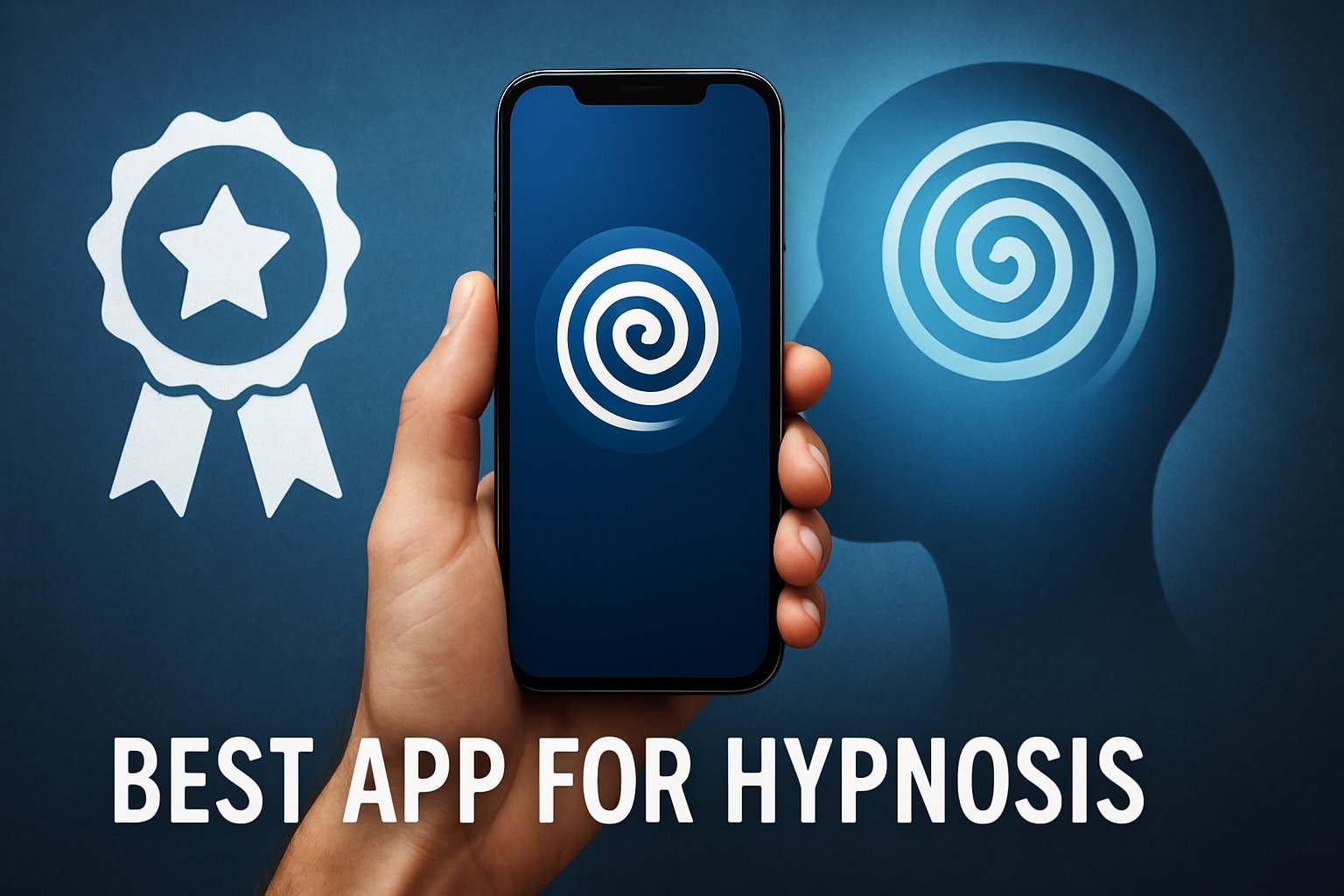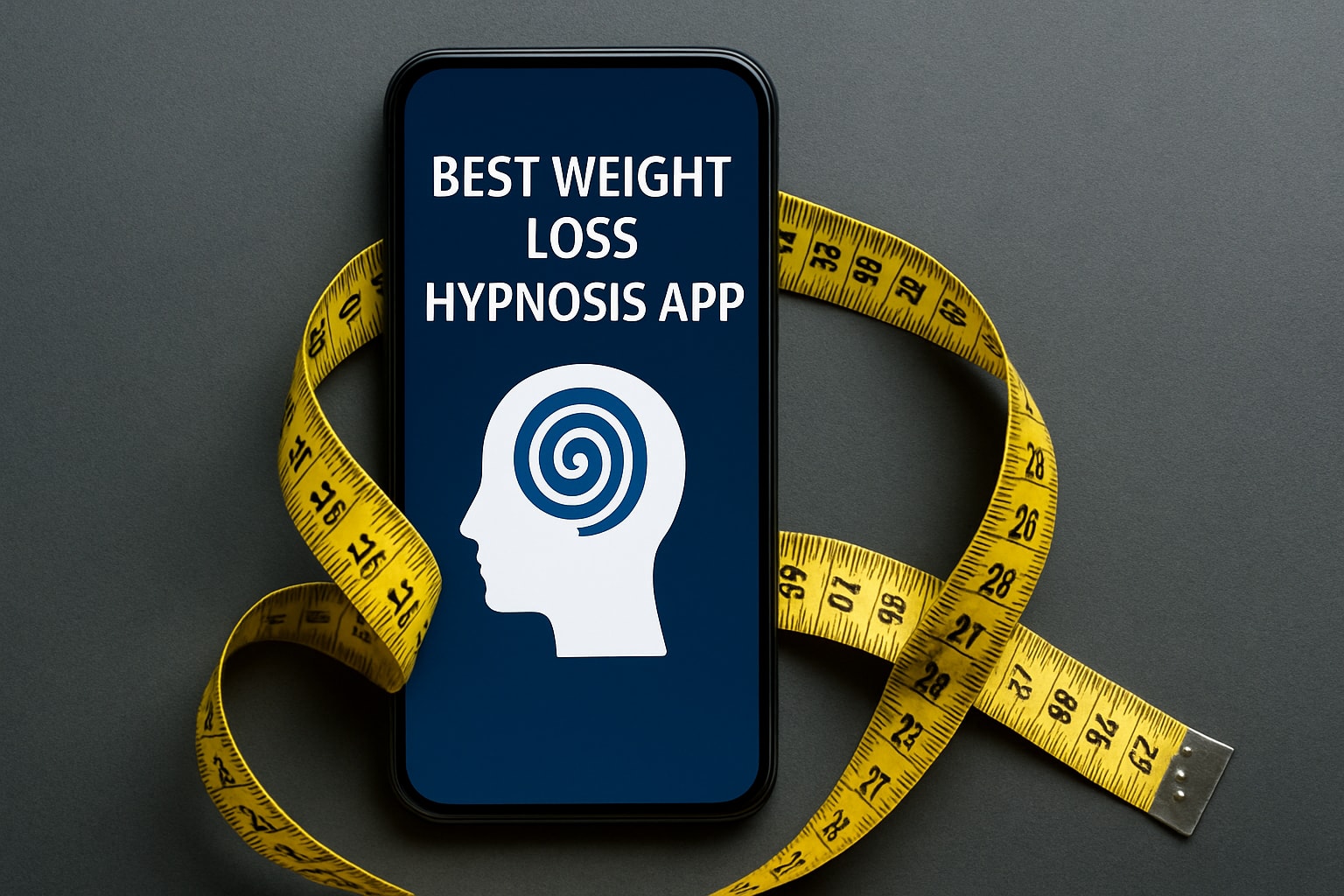If you're feeling overwhelmed and looking for a way to cope, self-hypnosis is gaining momentum as an effective tool - not only can it aid in relaxation, but also increase your well-being. But before giving this practice a try, you may be wondering if it's safe? We have good news: when done correctly self-hypnosis presents minimal risks! At the same time though there are some precautions to take into account while performing hypnosis which we will explore further so that your experience remains positive each and every time.
Understanding the Basics of Self-Hypnosis Safety
Self-hypnosis is a powerful tool for personal growth, giving you the capability to take control of your life and steer it in any direction. It is like learning the secret code to a safe – once you have the combination you have access to all of its secrets and riches. By mastering self-hypnosis techniques like trance or altered states, guided visualization and more – you'll be able to unlock stress relief, improved performance and increased focus & creativity. It's like flying on your own rocket ship - so why not blast off on an adventure today?
The Risks and Benefits of Self-Hypnosis: What the Research Says
Hypnotherapy can be a powerful tool for personal growth, but it's not the right fit for everyone. If you're dealing with any type of mental health or physical condition, make sure to talk to your doctor before giving hypnosis a try - self-hypnosis may cause some unwanted effects if you have an underlying issue. Don't worry though; taking precautions is all part of making smart decisions and keeping yourself safe!
Hypnosis provides a range of powerful benefits, all within your own control. Not only can it help promote relaxation and focus; research has also indicated its effectiveness on reducing stress levels and improving sleep patterns! Plus, with the right preparation you can ensure an optimal experience - so take a moment to get yourself ready for true transformation today!
That said, take all precautions necessary before trying out any form of self-guided hypnotic practice in order to get the best possible result!
Is there a risk of side effects after hypnosis?
Hypnosis can have some effects on your body, but don't let that scare you - they're usually nothing to worry about! Each person is affected differently by the effects. As a result, it is difficult to make a complete list. You can, however, experience these effects:
- Feeling fatigued, relaxed, and drained.
- Sensation loss or attenuation.
- Dizziness.
- A lack of attention.
As you can see, this is a very general list because the effects can vary depending on the session. Generally speaking though these changes are very manageable and controllable with enough practice. Furthermore, work in progress can have effects. An example would be a shy person who suddenly starts talking to everyone. However, this could just be the effect of one too many glasses of wine! 🍷
Self-hypnosis myths: what are they?
Myth 1: If I am unable to come out of self-hypnosis, I will get stuck in a deep trance state.
Don't worry about feeling stuck if you use self-hypnosis - you're in control! This safe and effective method won't make you do anything against your will. It's all up to YOU when it comes to the power of suggestion – enjoy the freedom!
Myth 2: You fall asleep during hypnosis.
Contrary to popular belief, hypnosis isn't a ticket to dreamland. It's an incredibly natural state of wakefulness in which your senses remain engaged and alert. In some ways it can be thought of as similar to mental daydreaming or absentmindedly going through the motions - but elevated!
Myth 3: Amnesia or loss of consciousness can occur during hypnosis.
Hypnosis doesn’t cause you to black out or forget what happened. In fact, most people remember their hypnotherapy experience very well! Rest assured that while in a hypnotic state, you remain aware of yourself and your surroundings at all times - no amnesia here!
How to Ensure a Safe and Positive Experience with Self Hypnosis
Tips for safely practicing self-hypnosis if you're interested in trying it:
- Make sure you are in a comfortable, distraction-free place for at least 20 minutes, such as your bedroom or living room couch.
- During your session, ensure there are no distractions, such as phones, televisions, etc.
- To fully immerse yourself in the process, use headphones if possible.
- In order to maintain comfort throughout the entire hypnotherapy process, many people use pillows or yoga blocks under their knees/legs/arms.
- Do not set too high expectations; instead, focus on being present in each moment as it happens while allowing yourself time to reflect afterwards on what you experienced during the session(s).
- The last thing to remember is that everyone responds differently to hypnotherapy, so don't push yourself too hard and take a break until you feel mentally ready again; this could take days or even weeks.
Self-Hypnosis and Mental Health: What to Consider Before Starting
Before diving into self-hypnosis for therapy, it's a smart move to chat with your doctor or health professional. While hypnotherapy can be incredibly helpful in treating certain conditions, not every mental health issue is best suited for this approach - so having an understanding of what works and what doesn't will help you get the most out of any type of self-therapy.
Here are the five most significant things you should know before trying self-hypnosis:
1. Self-hypnotherapy sessions are different from traditional hypnotherapy sessions
The only person involved in self-hypnosis is you. First, you must learn how to put yourself in a hypnotic state and give yourself suggestions. Whether you learn from a therapist, a book, or an app, in the end it is up to you!
2. Hypnosis is not a miracle
Hypnosis works very quickly in comparison to other forms of therapy because it is safe, effective, and fast. Although hypnosis is a powerful tool, it does not work overnight. Creating a new habit takes 21 days, followed by 3-6 weekly, consecutive sessions to see the most effective results.
















